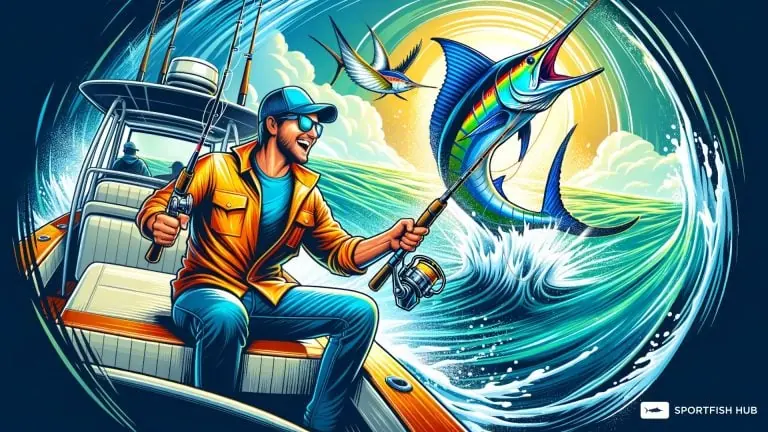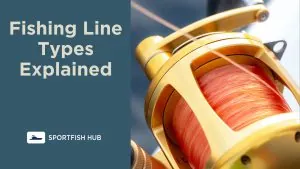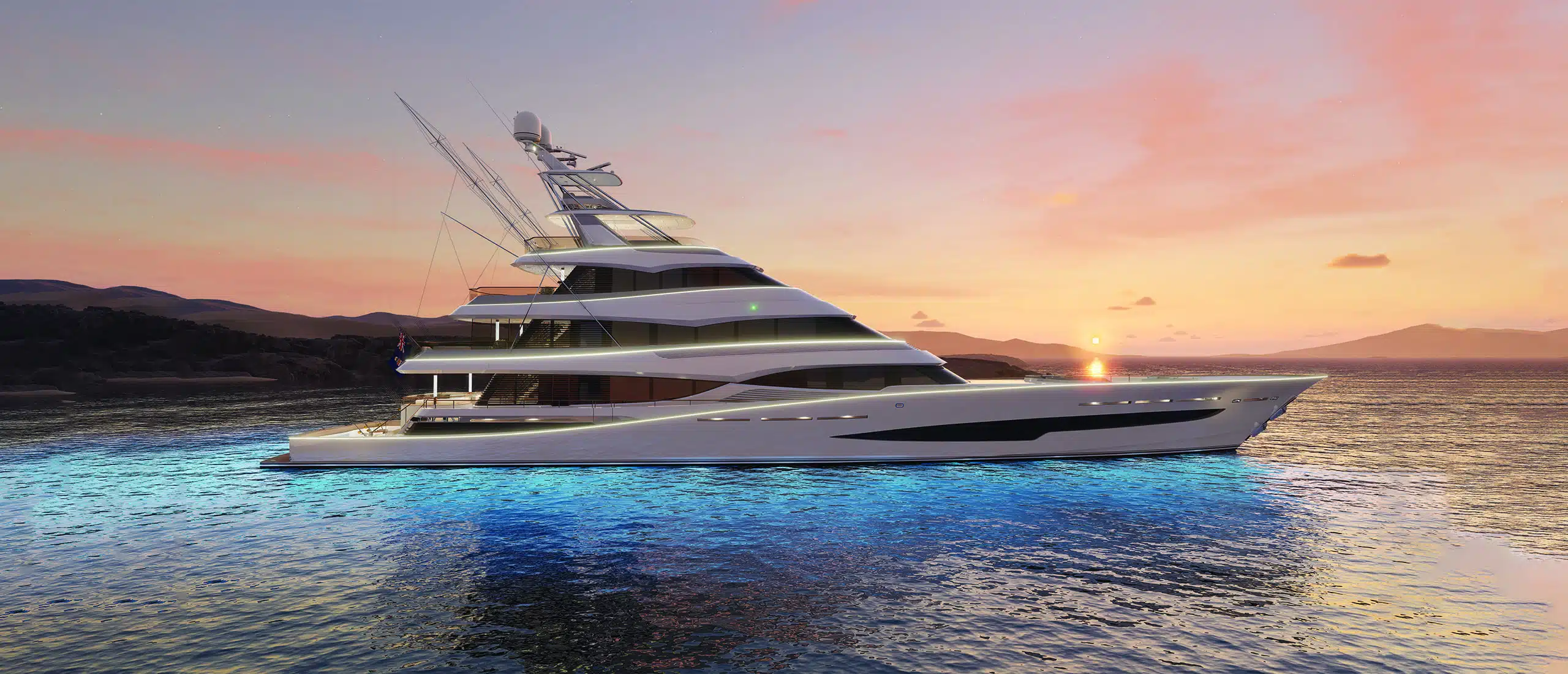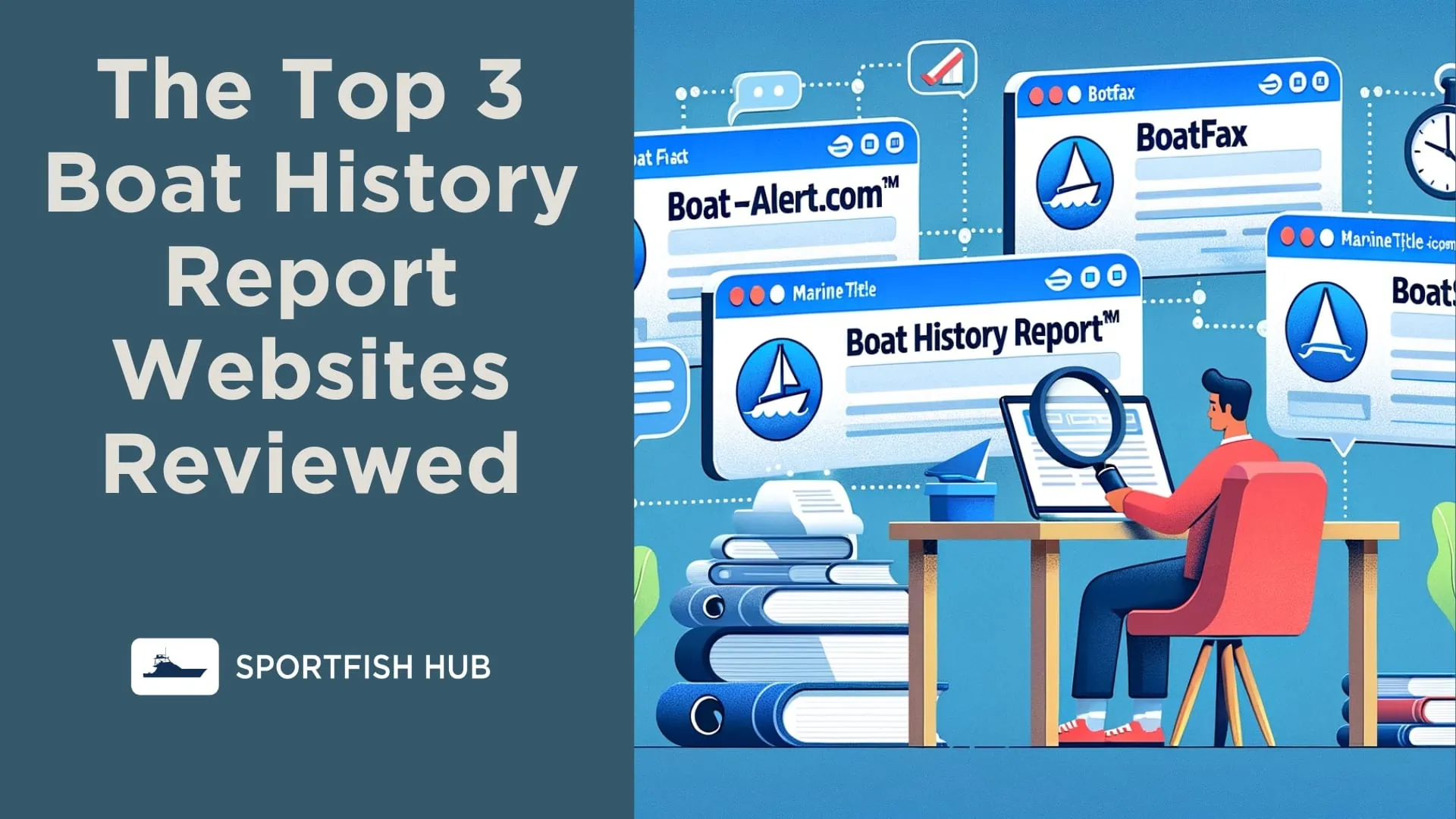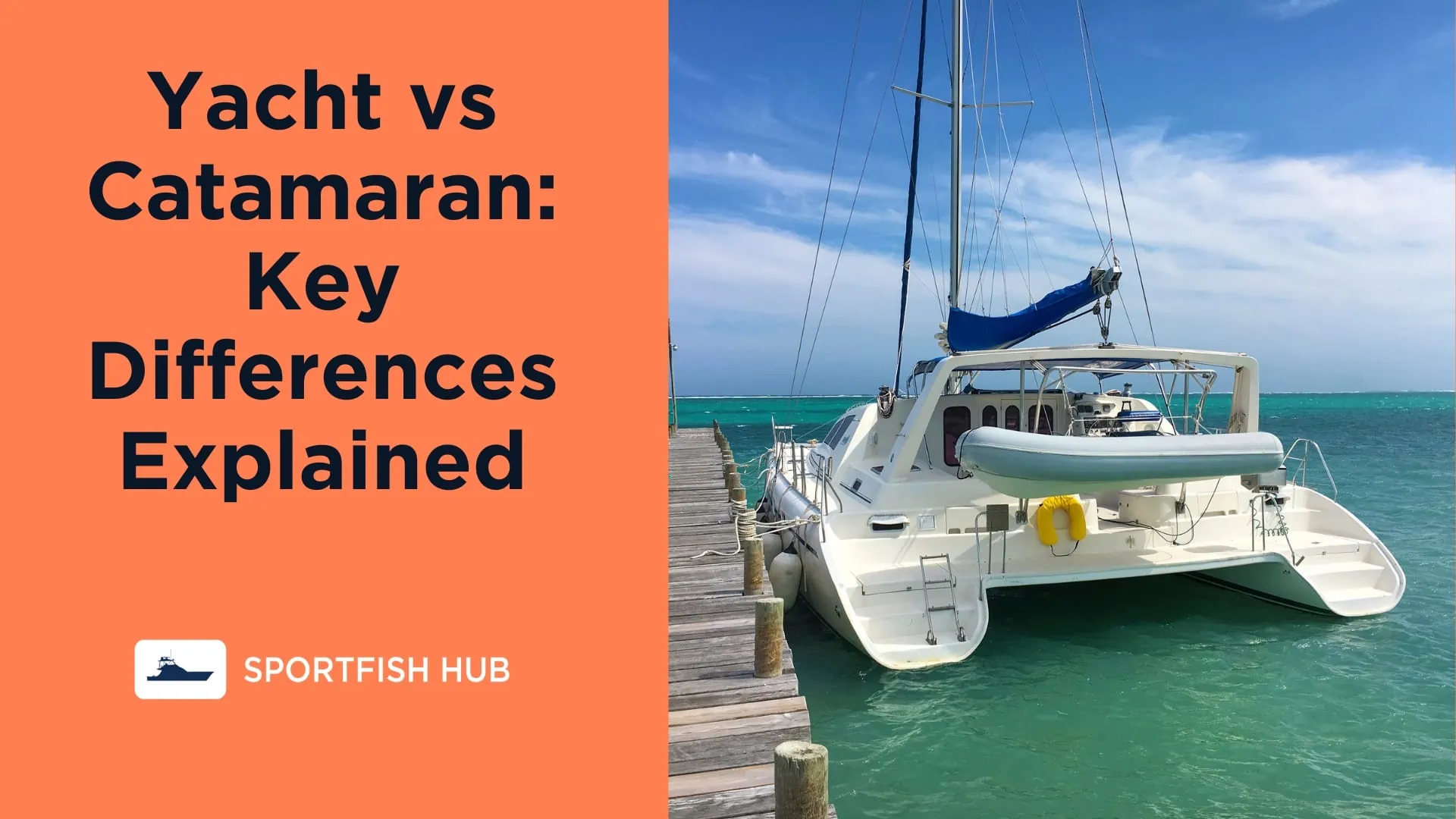While sport fishing uses similar equipment to other types of fishing, like rods, reels, line, and hooks,
it differs from traditional fishing because it’s not typically just about catching something to eat. Sport Fishing is more about providing the thrill of catching challenging fish species.
In essence, It emphasizes the sport more than the harvest.
Sportfishing Definition:
Sportfishing, also known as recreational fishing or game fishing, is a specialized form of fishing done for leisure, exercise, competition, or personal achievement rather than solely for profit or subsistence.
The History of Sportfishing

The first recorded evidence of sportfishing dates back to the 9th century BC in Japan and the 2nd century in Macedonia.
However, the first English text that focused on fishing as a recreational activity appeared in 1496, indicating that sport fishing was popular in Europe even before that time.
- In North America, Native Americans fished recreationally before European settlement. Sportfishing gained popularity in the late 1800s as tackle improved with rods, reels, lines and lures.
- Key innovations like nylon monofilament line in the 1930s made angling accessible to the masses. Other advances in boats, motors, depth finders, and gear drove growth in the 20th century.
- Sportfishing became a competitive sport with the founding of the International Game Fish Association in 1939 for recording world records. Tournaments drove innovation and popularity.
- Famous authors like Zane Grey and Ernest Hemingway helped spotlight sportfishing in the early 1900s through their writings on fishing adventures.
- Conservation became an important focus for sportfishermen in the 1900s, with catch and release practices spreading. Anglers recognized the need to protect fisheries.
Types of Sportfishing
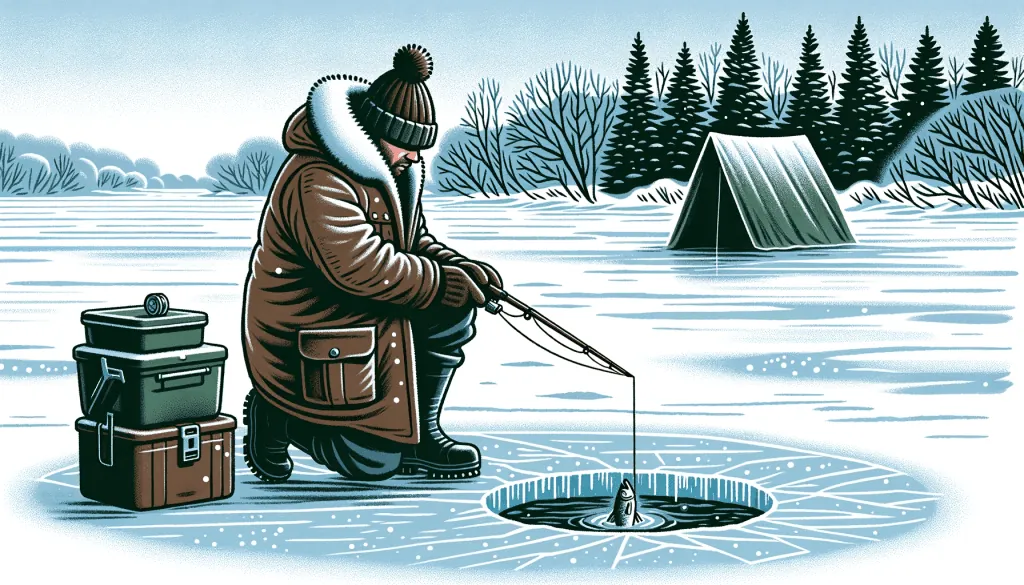
There are several popular types and techniques in sport fishing:
- Fly fishing – The most common type, where anglers use an artificial fly lure and specialized rods. The main goal is enjoying nature, where catching fish is a bonus. Catch and release is commonly practiced.
- Freshwater fishing – Targeting fish species like bass, pike, walleye, sturgeon, and catfish in rivers, lakes, and streams purely for sport.
- Saltwater fishing – Diverse opportunities like chasing tarpon, bonefish, and sailfish offshore or inshore. Known for an abundance of trophy fish.
- Bass fishing – A popular freshwater sport fishery focused on various species of bass, often done in tournaments.
- Ice fishing – A winter sport involving cutting holes in frozen lakes and jigging for species like trout and walleye.
- Kayak fishing – Uses small, stealthy kayaks to reach fishing spots not accessible from shore or boats.Provides a unique challenge.
- Bowfishing – Uses archery equipment like compound bows to hunt fish from above the water instead of rods.
Equipment and Techniques
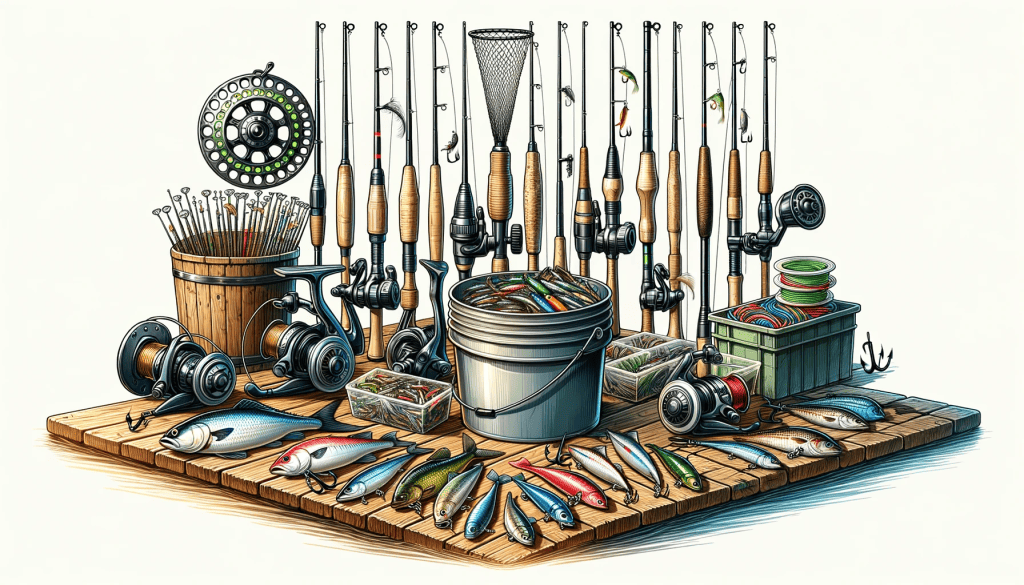
Like all types of fishing, sportfishing utilizes a wide array of rods, reels, line, terminal tackle, and bait or lures to catch fish. Key equipment used includes:
- Spinning or baitcasting rods/reels for casting artificial lures and live bait
- Fly rods/reels designed for casting flies with a specialized motion
- Braided lines that are thin but very strong
- Terminal tackle like swivels, leaders, and different hook types
- Artificial lures like crankbaits, spinners, and jigs
- Live bait like worms, minnows, and cut fish
Some popular techniques include trolling to cover water, drifting live bait, sight casting to visible fish, controlled depth jigging, and many others.
Is Sportfishing Ethical – Conservation and Regulations
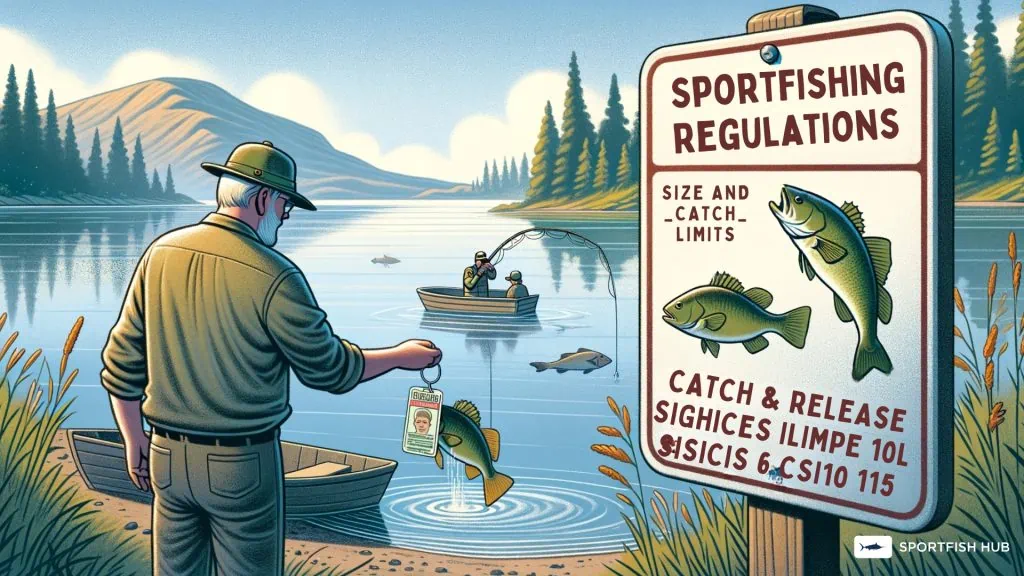
Contrary to popular belief, Sportfishing has a strong conservation ethic.
While some gamefish are harvested, most are released alive to protect sport fisheries.
Specific regulations and licensing requirements also apply and are typically heavily enforced:
- Catch and release fishing is encouraged to sustain fish populations.
- Limits exist on quantities and sizes of fish that can be kept per person.
- Fishing licenses are mandatory, and revenue supports fishery management.
- Seasons, quotas, and tackle restrictions help maintain fishery health.
- Tournaments enforce strict rules on handling and release practices.
- Education on ethical angling practices helps protect game fish.
Benefits of Sportfishing
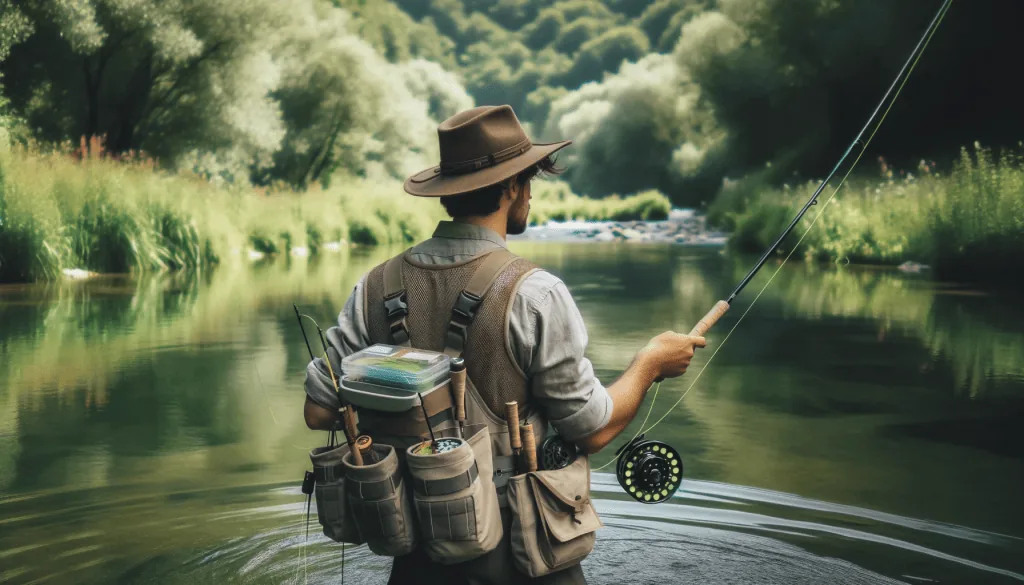
Why do so many people enjoy sport fishing? Some top benefits include:
- Being active in nature and beautiful settings
- Opportunity to target large, challenging trophy fish
- Testing your fishing skills and learning new techniques
- Social experience when done with friends and family
- Escape from stress and everyday life
- Chance to catch many different species
- A fun way to compete in tournaments and competitions
- Can be done at all ages and skill levels
Closing Thoughts
In conclusion, sportfishing is a diverse outdoor recreational activity focused on the enjoyment of catching fish. It promotes specific angling skills, conservation of fisheries, and responsible fishing practices. For many anglers, sportfishing becomes a treasured lifestyle.

